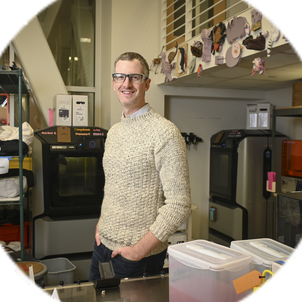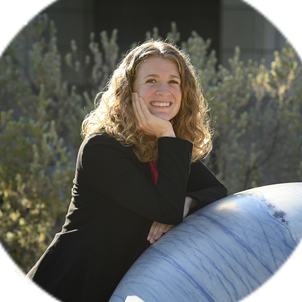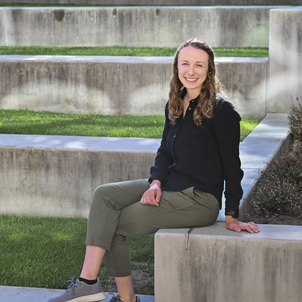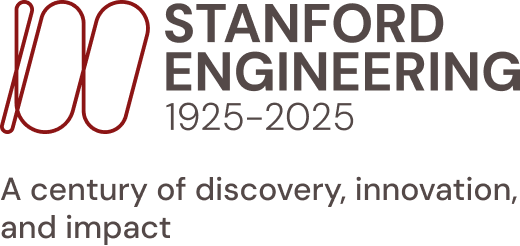We evaluate how policy and regulations are determined and administered, how to properly present science and engineering in the media, and what it takes to balance stakeholder interests in decision-making. I have future leaders in my class. Some of them may go on to be elected officials or work in government, and I want them to be prepared to draw on their knowledge of research to enact intelligent policy change.
I enjoy equipping people with the information they need to make decisions about their community and in advocating for change. I’m actively engaged in a project that is doing just this. With the city of Richmond, California, I’m leading a data-driven project to help citizens better understand the sources of their city’s pollution on a block by block basis so that they can be informed and engaged enough to make changes. For instance, if someone lives near a refinery, the data we’d provide would tell them what kind of pollution they could expect as a result of the refinery’s operation. Or for people who might live near a highway, the data we are sharing aims to help them better understand the impact of pollution generated by cars and trucks traveling on that road. It’s a project that allows people to feel engaged and connected to their environment and community, and that’s a really important way to make policy personal.
My advice for future engineers is to look for ways to use data and other scientific tools for the greater good. I think the real discussions we should be having aren’t about the technologies themselves, but how we’re using them. We have to make sure that we continue to use technology to help rather than hurt the world we live in.
Related spotlights

Dan Somen

Sonia Martin


